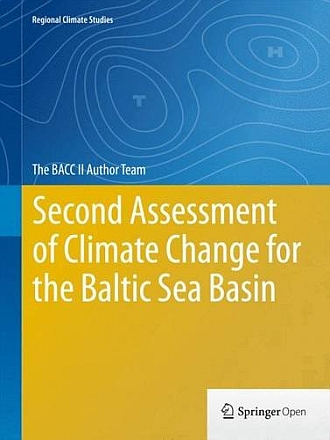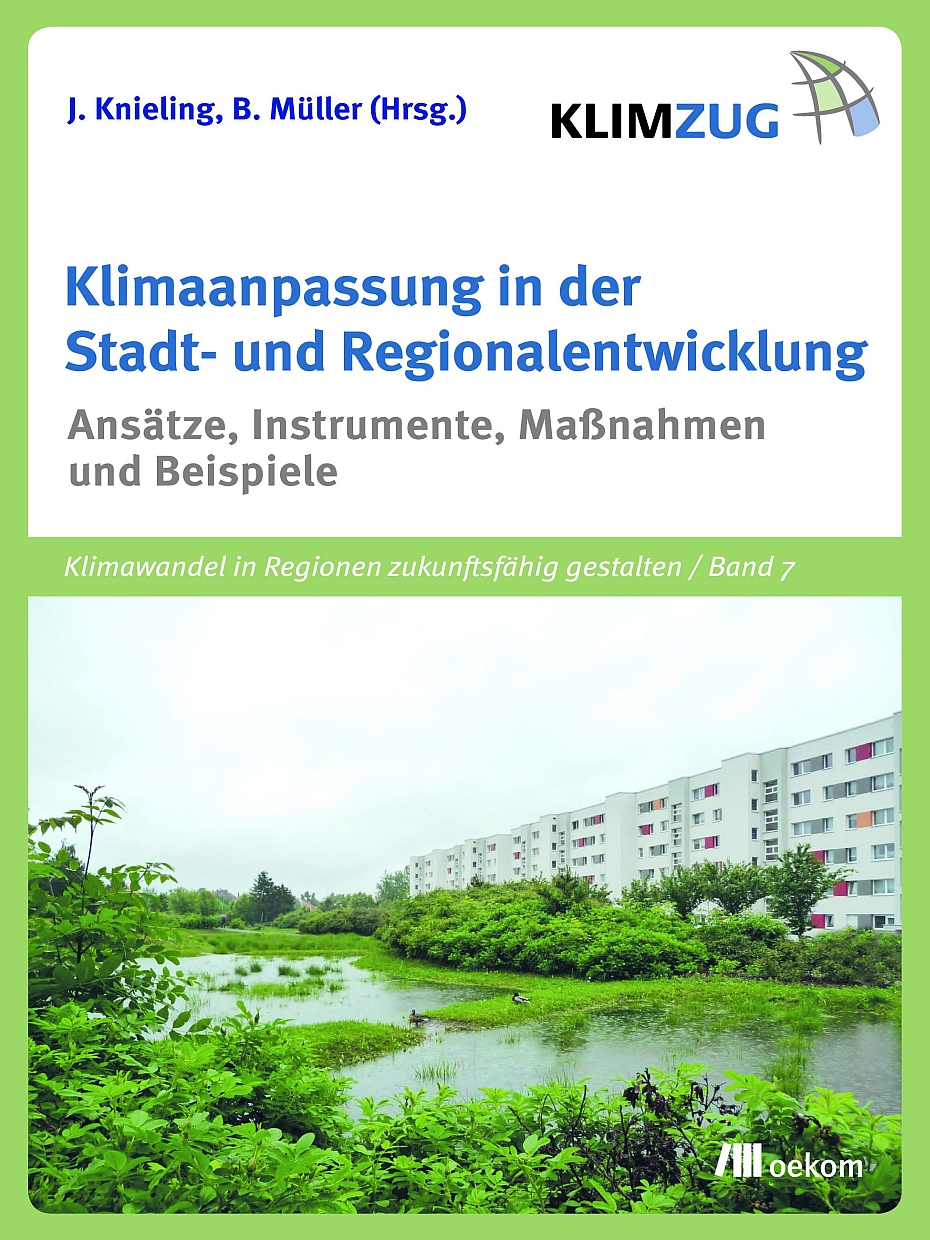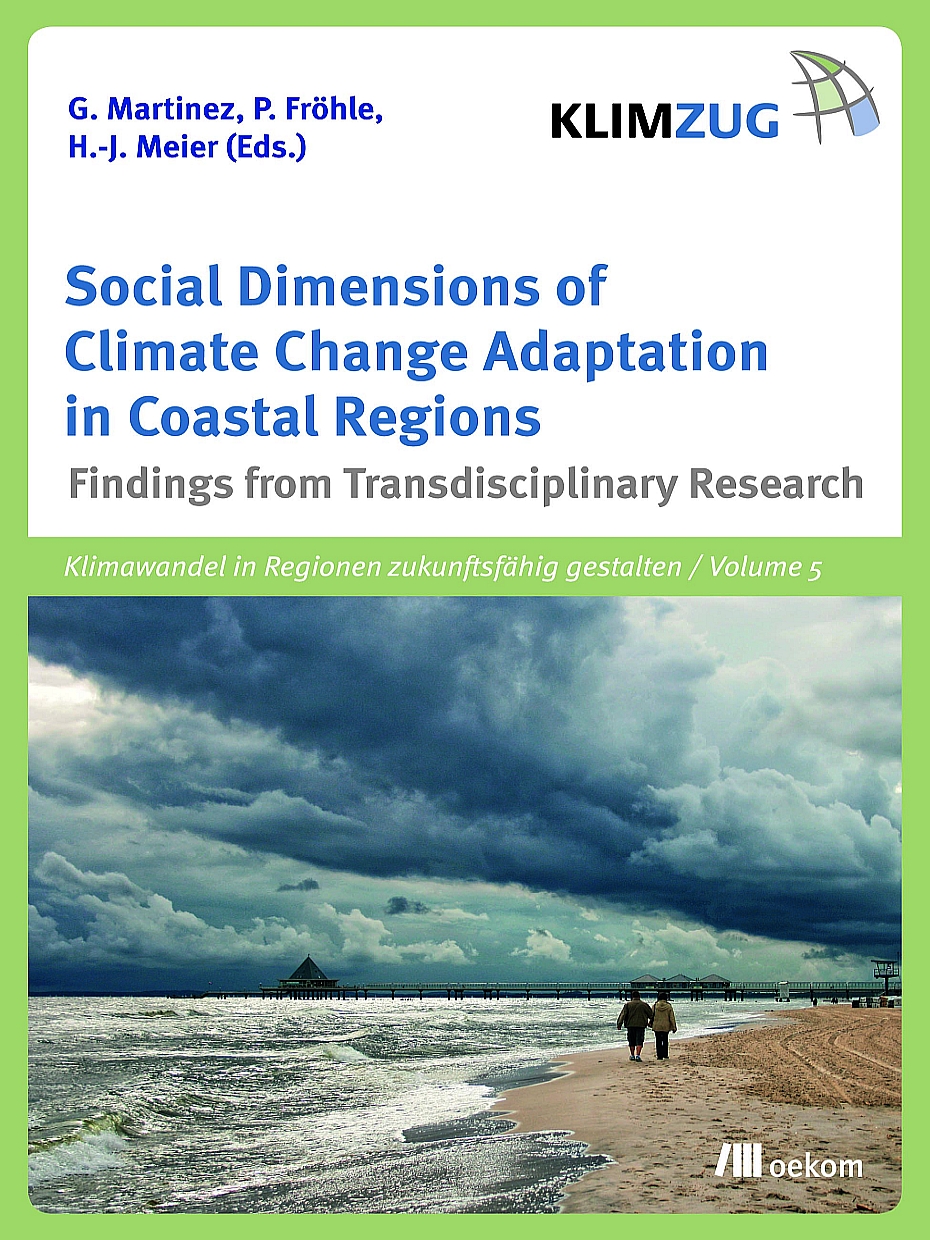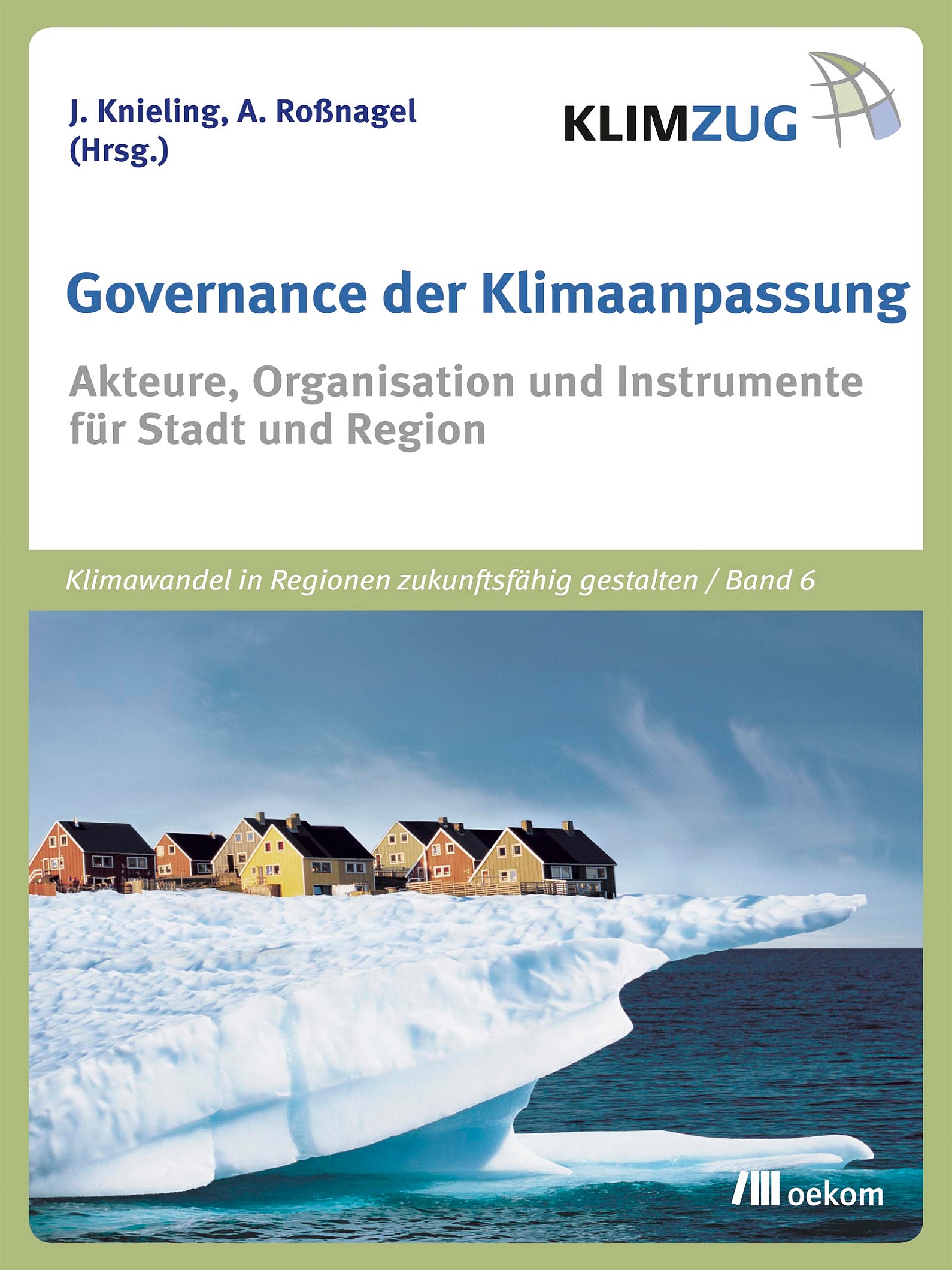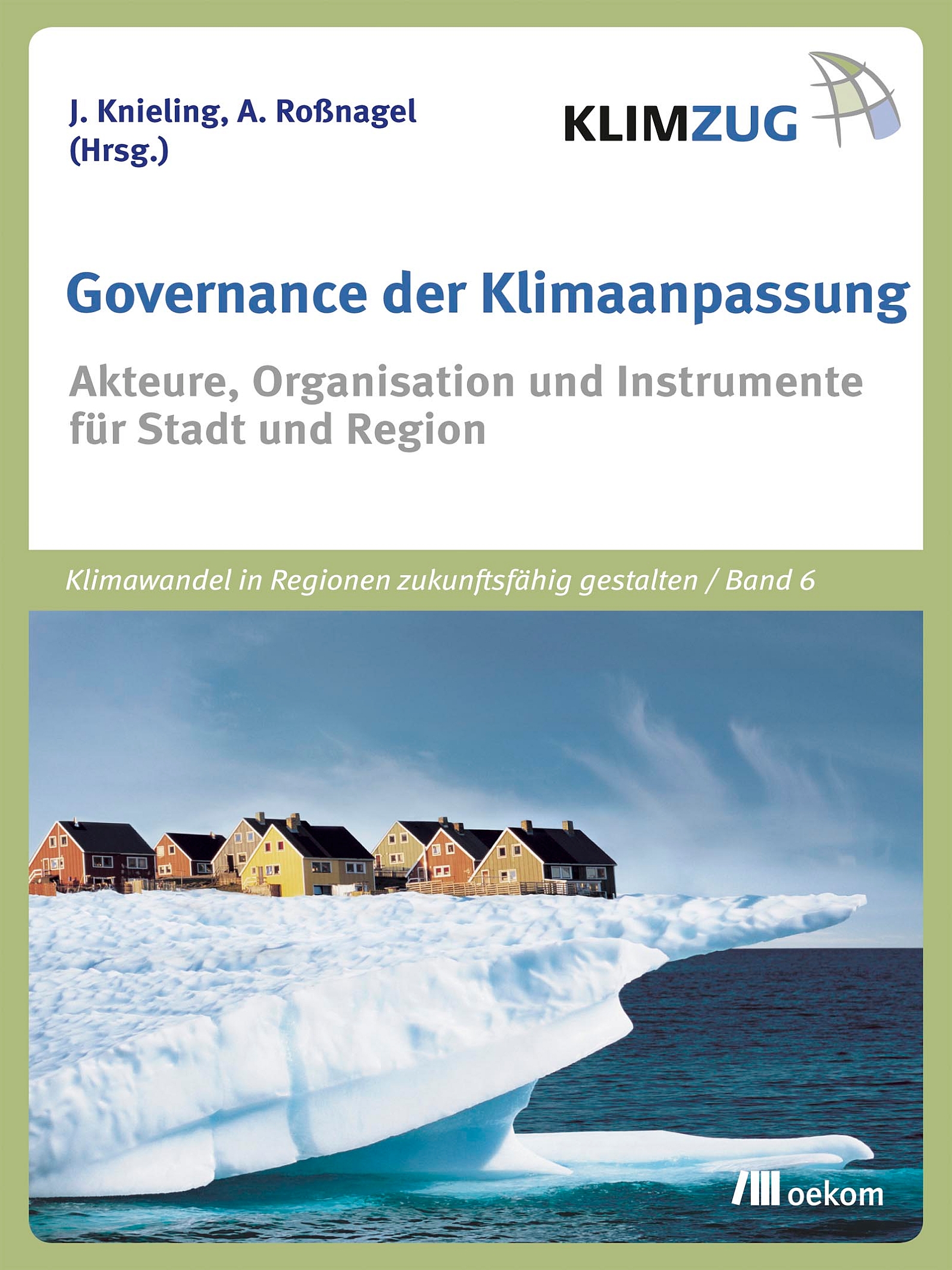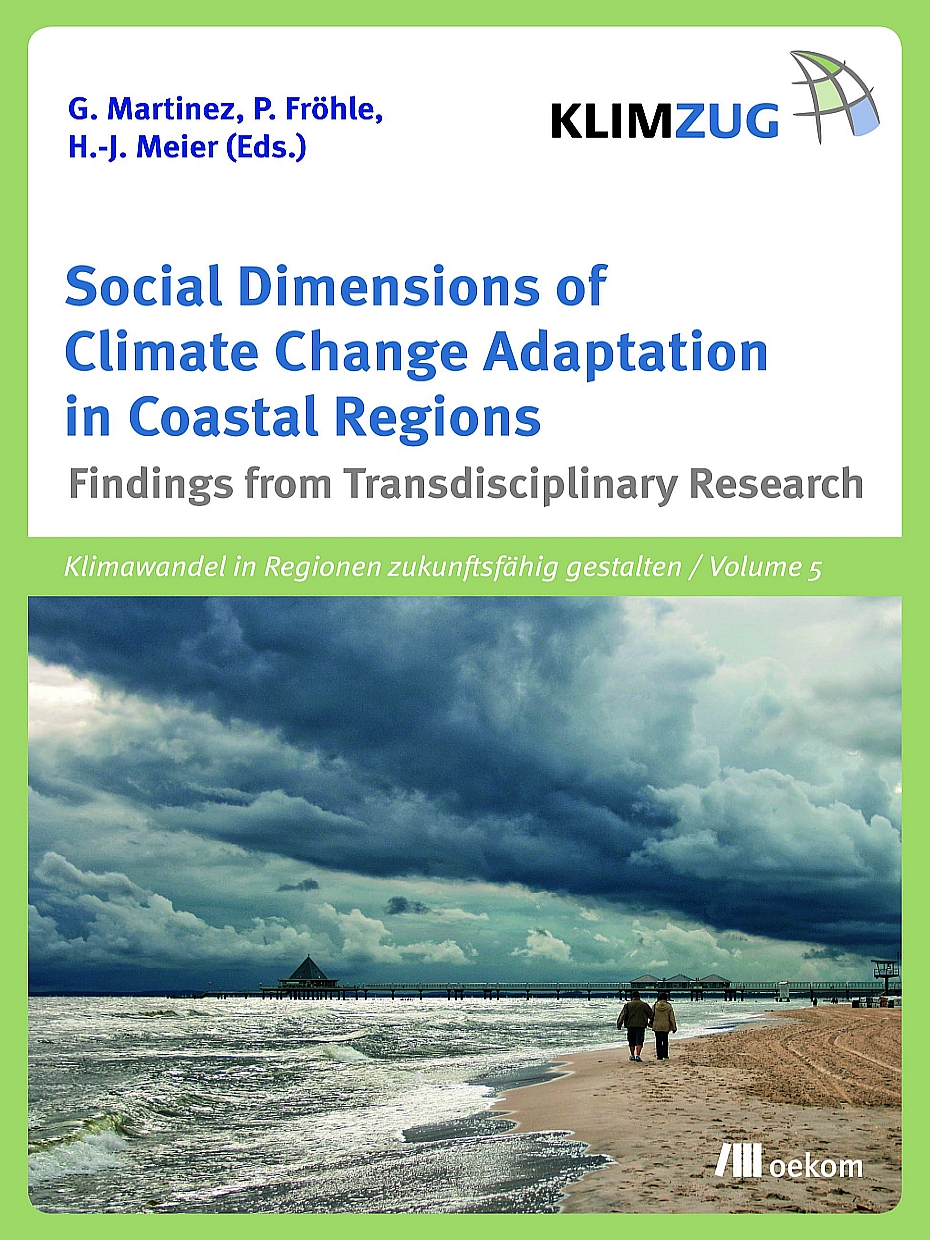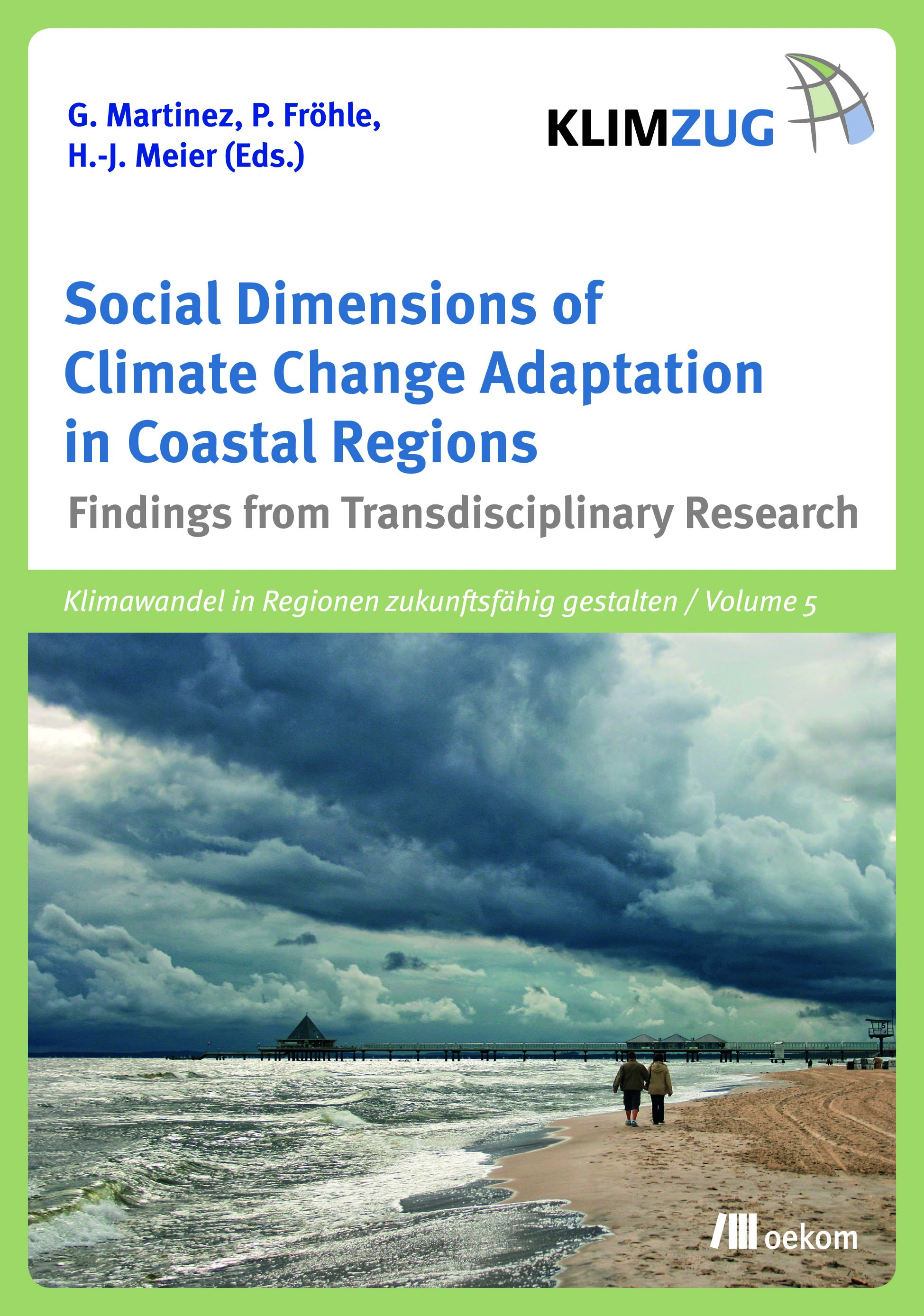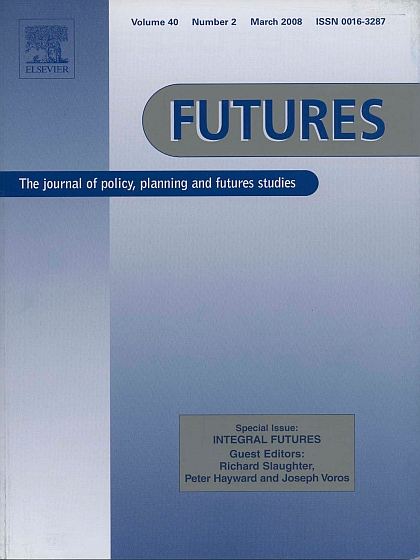Environmental Research = Social Sciences + Humanities + Environmental Science
- Presentation
- Date
-
- Location
- São Paulo, Brazil
- Speech
Between 1 and 3 September 2015, experts from eleven countries in Europe, North and South America met at São Paulo Research Foundation (FAPESP) in São Paulo (Brazil) to discuss how the interactions between social science and humanities (SSH) and environmental science (ES) researchers are opening new pathways to transformative research in the environment, providing innovative solutions to global problems. As research initiatives are taking an increasingly interdisciplinary perspective, involving studies that require analysis of the world at multiple space- and timescales, these new visions of research are affecting the way theories are formulated, analyses are per-formed, and research is conducted. Consequently, strengthening these research interactions is essential. Dr. Grit Martinez participated in the event by invitation from the German Ministry of Research and Education (BMBF).
The meeting was part of the activities conducted by the Transatlantic Platform for the Social Sciences and Humanities (TA-P), launched in October 2013, a collaboration between thirteen key humanities and social science funders in South America, North America and Europe. The Platform aims to enhance the ability of humanities and social science funders, research organizations and researchers to engage in transnational collaboration.
The workshop format followed a public day open to Brazilian researchers from Sao Paulo University and FAPESP with a subsequent closed meeting. Presentations and discussion given during the public day highlighted that while environmental science concentrates on investigating environmental problems and working out solutions on the biophysical site, these solutions require social, cultural, political, ethical and economic answers and changes, and therefore the intervention of SSH researchers. For illustrative purposes, examples from research projects from North and South America and Europe were presented by the invited researchers. For Europe, specifically the German Baltic Sea Coast, Dr. Grit Martinez presented the results of a transdisciplinary study on historical and cultural path dependencies concerning the adaptation responses of several coastal communities to climate change.
During the second and third day the participants of the workshop explored how new ways of doing SSH research are affecting not only all fields in SSH, but also the ways in which environmental scientists are working together. For instance, environmental social sciences and humanities increasingly include areas such as environmental history and sociology, ecolinguistics and environmental philosophy, which study the historical and societal aspects of environmental issues. Moreover, the participants discussed how initiatives in environmental science, such as big data studies on global warming, are prompting SSH researchers to rethink research methods and methodology.
The event concluded with a visit at the Brasilian Library. With more than 20.000 m², the library hosts a rare books collection of 17 thousand titles about Brasil donated by the private book collectors Guita and Jose Mindlin to the university of São Paulo.




